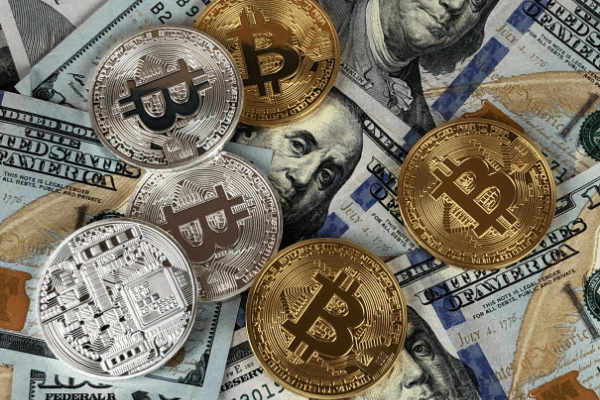
- Today, fundraising in Hong Kong is a pale shadow of its heyday, with debut offerings, follow-on share sales and convertible bonds raising just US$4.9 billion in the first three months of this year, an 87% drop from the previous year, according to data from Refinitiv.
- In a world that has grown increasingly uncertain, the last thing that global investors want is to double down on uncertainty by going into Chinese shares, whether they’re listed in Hong Kong or not.
From stringent pandemic restrictions to tighter national security laws, the Hong Kong of today is starting to resemble the Shanghai of yesterday, and global investors aren’t sticking around to find out what tomorrow will look like.
Once one of the world’s most vibrant financial centers, the freewheeling capital markets of the fragrant harbor were a beacon for global investors who were looking to cash in on the economic miracle of China with the certainty of western-style rule of law and independent institutions.
Those assumptions have been severely tested from harsh pandemic lockdowns to regulatory actions by Beijing which have compounded losses for Chinese companies listed on Hong Kong’s stock exchange.
Today, fundraising in Hong Kong is a pale shadow of its heyday, with debut offerings, follow-on share sales and convertible bonds raising just US$4.9 billion in the first three months of this year, an 87% drop from the previous year, according to data from Refinitiv.
Not since the 2008 Financial Crisis, has Hong Kong’s capital markets looked so dour and highlights the reluctance by global investor to continue pumping fresh capital into Chinese companies at a time when coronavirus, regulatory uncertainty and the Russian invasion of Ukraine are clouding the outlook.
Foreign investors have already sold about US$4 billion worth of shares traded in China in the first quarter, while Hong Kong’s benchmark Hang Seng Index is down a whopping 30% from its recent high in February.
In a world that has grown increasingly uncertain, the last thing that global investors want is to double down on uncertainty by going into Chinese shares, whether they’re listed in Hong Kong or not.
Successive waves of regulatory crackdowns and a refusal by Beijing to budge on its economically-debilitating lockdowns of entire cities, compounded by the threat of slowing growth have all weighed heavily on investor sentiment and appetite for Chinese shares, regardless of the discount.
Not helping matters has been Beijing’s refusal to condemn Russia’s invasion of Ukraine, making money managers nervous about allocating to Chinese assets, in the event that some of Russia’s global pariah status could spillover to China as well and force liquidations at the most inopportune time.
The draconian pandemic restrictions in Hong Kong, a brain drain by both expatriates and locals and the recent resignations of United Kingdom judges from the territory’s highest court are also seriously undermining the attractiveness of Hong Kong and why global investors stopped over there to pick up Chinese assets.



